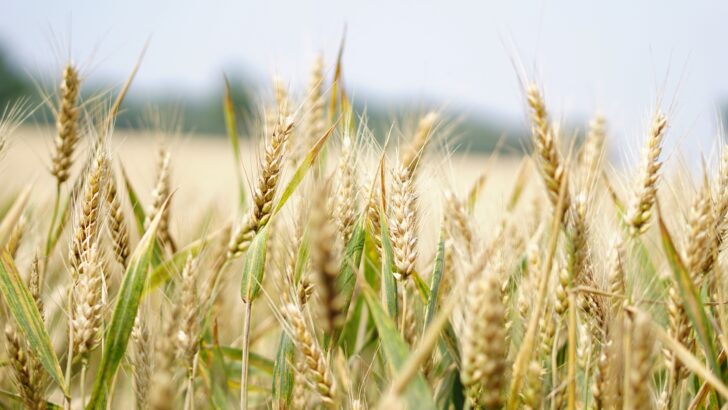The Sunday Gospel
Jem Sullivan
Is 5:1-7
Ps 80:9, 12, 13-14, 15-16, 19-20
Phil 4:6-9
Mt 21:33-43
Scripture is filled with almost lyrical images for the divine human relationship. The first reading offers one such poetic passage as the prophet Isaiah uses the image of a grape harvest.
In vine growing areas, the grape harvest is a time of rejoicing – especially when the harvest is good. When the crop fails, harvest day is a time of anxiety and frustration. Perhaps the memory of a disappointing harvest inspired Isaiah’s words.
Baptism
The vineyard is a biblical image for the people of Israel. It is also an image of the Church to which we each belong, by virtue of our Baptism. And like the vine-keeper, the Lord plants choice vines that are tended with care. From time to time though, instead of a good harvest, the vine produces wild grapes. The Israelites were chosen to bear good fruit. Isaiah’s words serve as a challenge to them, and to us, to persevere daily in making the fruits of justice, compassion and love of God a reality.
In the same way, Saint Paul encourages the Philippians with words that still speak to us today. “In everything, by prayer and petition and thanksgiving, let your request be made known to God.” In so doing, the Philippians will experience the peace of God that passes all understanding, particularly in times of trouble.
Martyrdom
We live in an age of Christian martyrdom. That may surprise us if we think the word “martyr” refers only to Christians in the early centuries. It is a historical fact that in the last century, and into our own day, Christians have been, and continue to be, persecuted violently to the point of martyrdom for faith in Jesus Christ.
Followers of Jesus who willingly die for their faith are a powerful witness to Christian discipleship. They follow the example of Jesus himself who loved each one of us to the point of death on the cross. Christian martyrs sow seeds of faith and bear good and abundant fruit in lives of faith, hope and love of God in their witness.
Few of us will be expected to give our lives for faith. But we are called to witness to Jesus. We may not face the threat of violent martyrdom, but we are called to follow the example of Jesus’ selfless love to bear fruit that will last forever.
The world tells us to “be successful”. In today’s Gospel, Jesus tells us to bear fruit that will last forever. The fruitfulness of love is the heart of the divine human relationship. Will we accept God’s gracious invitation to let God’s word bear fruit in our lives? Jesus tells us that if we fail to bear the fruit of faith, God’s love and peace will be harvested by those who do. To bear good fruit that lasts for eternity we rely on God’s grace and pray in faith, “speak to me, Lord”.
Question: How am I called to witness my faith in Jesus in my daily surroundings?
Jem Sullivan holds a doctorate in religious education and is an associate professor of Catechetics in the School of Theology and Religious Studies at The Catholic University of America in Washington, DC.


